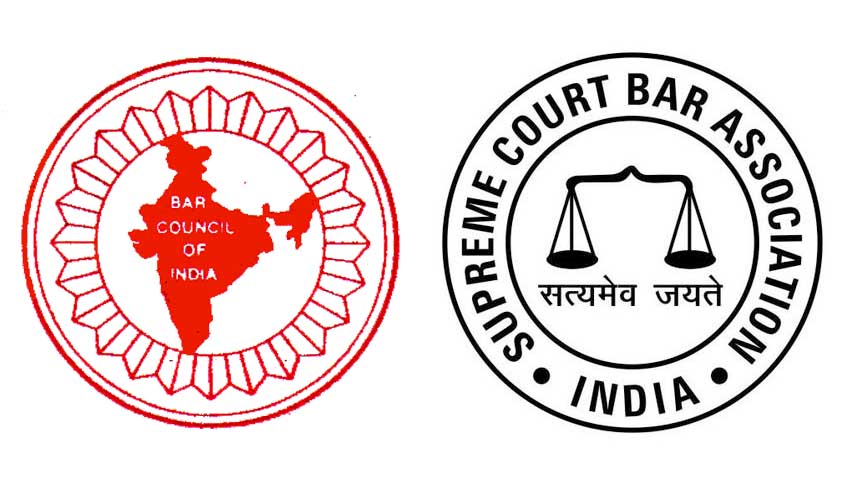BCI Chairman Locks Horn With SCBA Over The Law Panel’s Recommendations Against Striking Lawyers
Prabhati Nayak Mishra
1 April 2017 5:48 PM IST

Next Story
1 April 2017 5:48 PM IST
A day after lawyers protested following the Bar Council of India’s (BCI) call against Law Commission recommendations for drastic changes in the Advocates Act to penalise lawyers who go on strike, BCI chairman Manan Kumar Mishra has now taken on Supreme Court Bar Association (SCBA) executive committee members for slamming the statutory body.Mishra said if the SCBA claimed to lead the fight...
